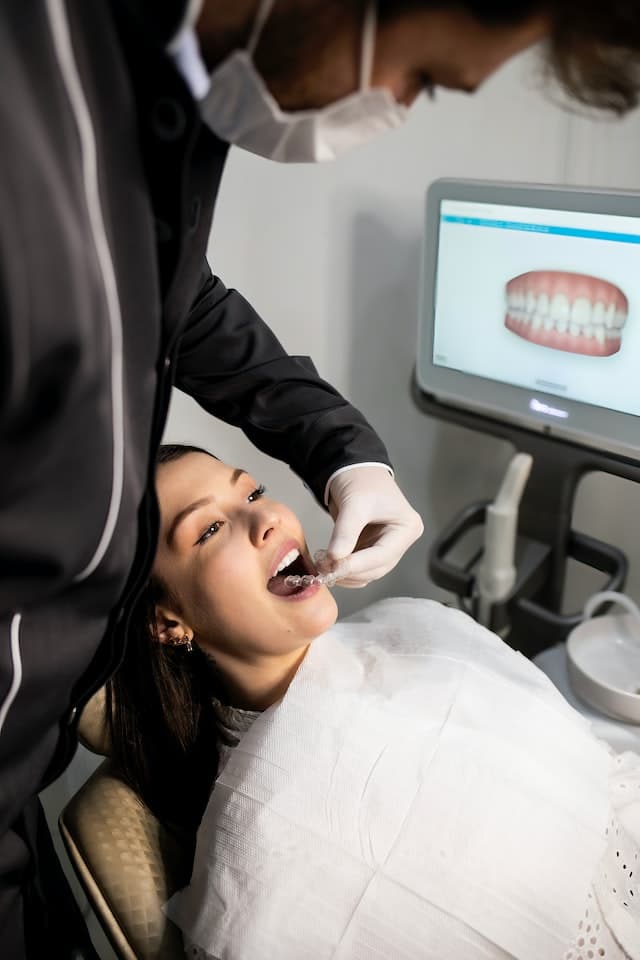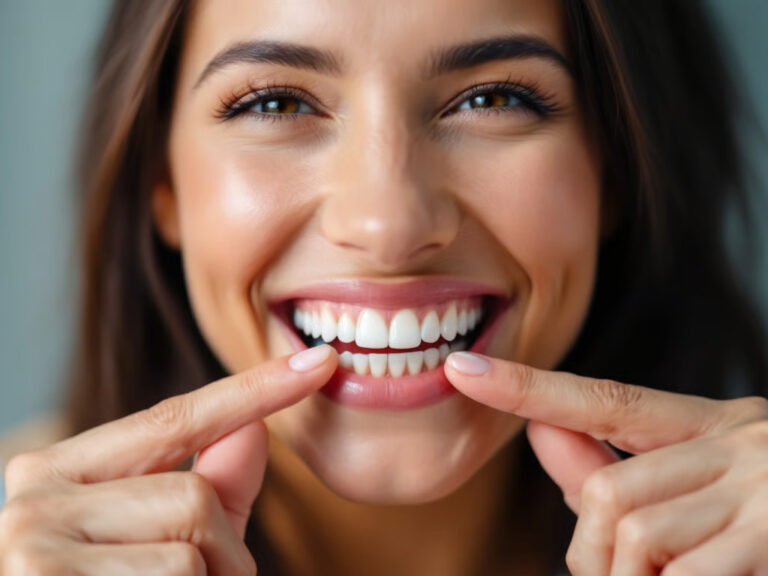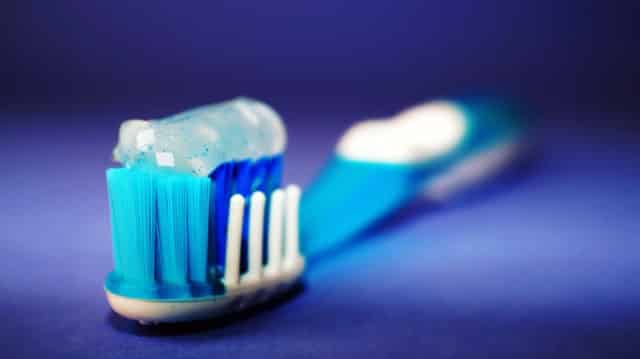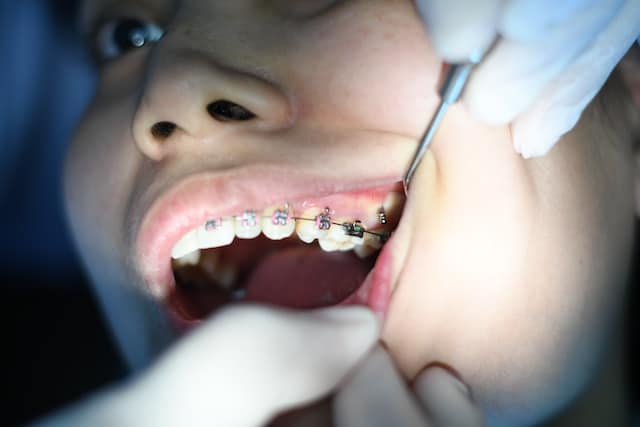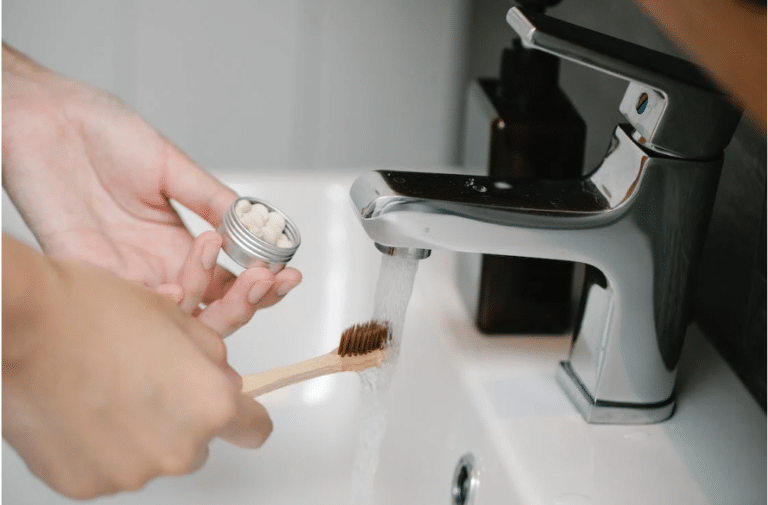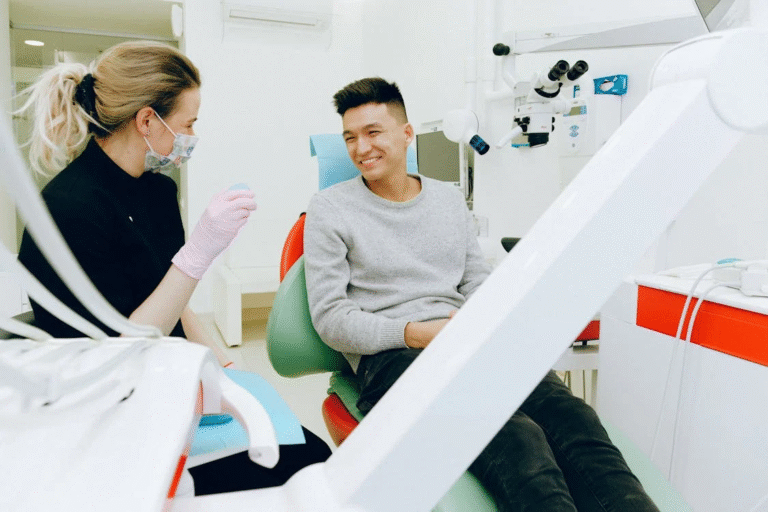Is it Safe for Diabetic Patients to get Invisalign Braces?
More and more people are turning to Invisalign braces to improve their smiles and teeth alignment. These invisible aligners are becoming a popular option for people who are skeptical to get metal braces because of their appearance. However, diabetic patients face a higher risk of developing some side effects like infections, allergies, and swelling of the gums while getting Invisalign. If you are a diabetic patient and want to get Invisalign, you may be wondering if it is safe for you to do so. This blog will help you to answer all your questions.
How Diabetes Affect Oral Health
Untreated diabetes can affect your oral health in the following ways:
- You’re more vulnerable to fungal infections in the mouth, such as thrush.
- It may require more time for mouth sores and wounds to recover.
- A person’s ability to produce saliva may be affected by the medications they take to do so or by their diabetes, which itself causes dry mouth. This increases the risk of decay or cavities because saliva is necessary for maintaining the mouth’s pH balance and for re-mineralizing teeth.
- You’re more likely to experience gum disease or develop inflamed, swollen, or bleeding gums.
- The eruption of a child’s teeth may occur earlier than usual if they have diabetes.
Concerns for Diabetic and Invisalign Treatment
The teeth and gums are subjected to force from braces or Invisalign. Therefore, any gum disease must be treated and brought under control if you have diabetes and are thinking about getting Invisalign or clear braces for a safe and ideal result.
If you have diabetes, you may suffer from more severe dry mouth with Invisalign and braces, which can be uncomfortable or result in cavities if untreated. To improve your oral health and combat dry mouth caused by diabetes, there are some things you can do. These include maintaining a healthy weight, engaging in regular exercise, eating a balanced diet, and using diabetes medications as directed to control your blood sugar and overall health.
Tooth decay is the final issue. An excessive amount of the harmful bacteria in your mouth is encouraged by high blood sugar levels. These bacteria gradually release harmful chemicals, which erode the teeth’s enamel and lead to decay.
Diabetes and Invisalign Treatment
An effective Invisalign treatment for diabetes can be facilitated by three factors. One is to control your diabetes. You’re less likely to experience oral problems like dry mouth, infections, and slow healing if you control your blood sugar levels.
Your dental hygiene is the second crucial element. Since diabetes increase your risk of developing bacteria and plaque in your mouth, maintaining good oral hygiene will help you avoid uncomfortable side effects like oral thrush, bad breath, tooth decay, and gum disease.
Last but not least, collaborating with your physician and dentist will guarantee that both your diabetes and oral health are under control. You’ll achieve fantastic results with Invisalign if you follow this advice.
Tips for Successful Invisalign Treatment with Diabetes
Invisalign treatment can be an effective way to straighten your teeth without metal braces. If you have diabetes, here are a few things you can do to ensure successful treatment:
- Manage your blood sugar for better overall health
- Eat less or avoid food high in sugar and acid
- Make regular appointments for dental exams
- After meals and snacks, in the morning, and before going to bed, make sure you brush your teeth
- Don’t smoke or use tobacco products
- Use a fluoride-infused mouthwash that fights germs or other microorganisms
- Drink a lot of water to stay hydrated
Final Thoughts
Wrapping up the short answer is yes, Invisalign is safe for diabetic patients when they put in all the efforts required to get a proper treatment. If you are diabetic, the first step is to discuss your health with your doctor and dentist. You will also be required to have an initial consultation and review with your dentist.
You will need to have x-rays taken of your teeth and you will also have a mold made of your teeth. This mold is used to make your aligners in the lab. Invisalign uses a series of custom-made clear aligners that gently move your teeth into their proper positions. This process is not only safe for diabetic patients, but it is also convenient.
Image Credit
